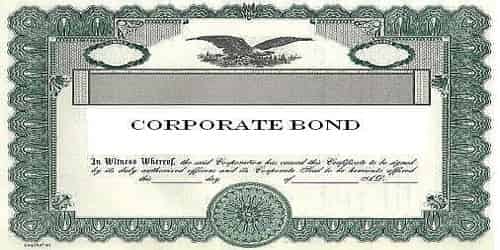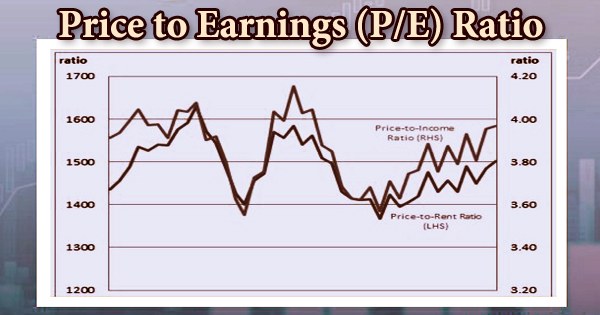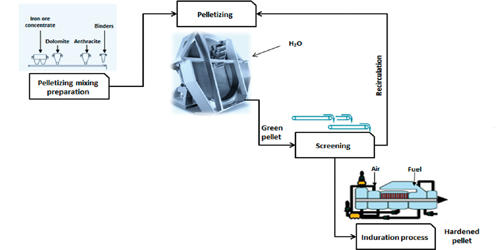A corporate bond is a debt security issued by a corporation and sold to investors. The term is usually applied to longer-term debt instruments, with a maturity of at least one year. Corporate bonds are issued by companies to raise more capital.
Types of Corporate Bonds
Types of corporate bonds available in the capital market are as follows:
- Mortgage Bonds
A mortgage bond is a secured bond issued by a company. With a mortgage bond, the company pledges specific assets as a collateral for the bond. The asset securing the bond is described in detail in the mortgage deed, which is a legal document giving the bondholder a lien on an asset.
A company can use a specific asset as security for more than one bond issue. In the event of foreclosure, the first mortgage bondholders must be paid the full amount owed them before satisfying second mortgage bondholders’ claim.
- Debenture
A debenture is an unsecured bond issued by a company without providing any specific asset as collateral. Therefore, debenture holders are general creditors of the firm. Hence, only well-established and creditworthy companies are able to issue debentures. Debentures may have call provision, which gives the company right to retire the debenture before maturity. This process is called refunding decision. The call provision increases the risk to the investors.
- Subordinated Debenture
Subordinated debentures are inferior debentures. In the event of liquidation, a subordinated debentures holders have a claim on assets only after senior debenture holders’ claim is satisfied. Therefore, a subordinated debenture issue provides significantly higher yield than does an ordinary debenture issue in order to attract investors.
- Income Bond
An income bond pays interest only if the earnings of the firm are sufficient to meet the interest obligation. When a company fails to meet a current obligation of interest, income bondholders cannot take the company into bankruptcy. Income bonds may have cumulative features, which means that unpaid interest in a particular year accumulates. From an investor’s standpoint. these bonds are riskier than regular bonds but they provide a higher return to investors.
- Convertible Bond
Convertible bonds may be converted into another security understated terms. Most often that security is the corporate issuer’s common stock. Conversion feature of bond attracts the potential investors. It also helps to reduce coupon interest and flotation costs. However, investors yield on convertible may be higher than that of an ordinary bond, because of capital gain.
- Callable And Putable Bond
Bond may have a call provision. Call provision gives the company the right to redeem bonds before maturity. In contrast to callable bond, putable bond allows the bondholder’s option to exchange the bond for cash.
Information Source:
















